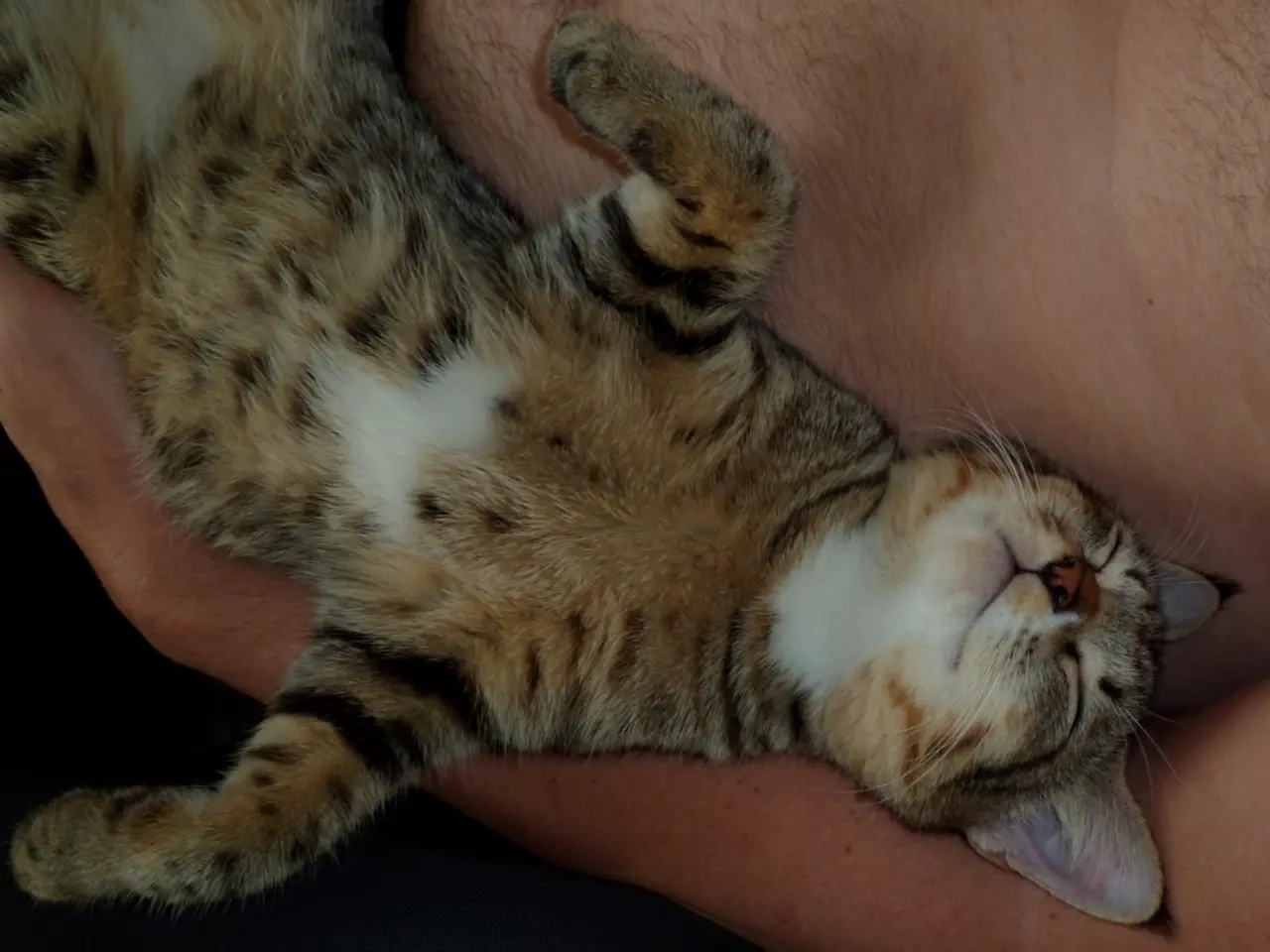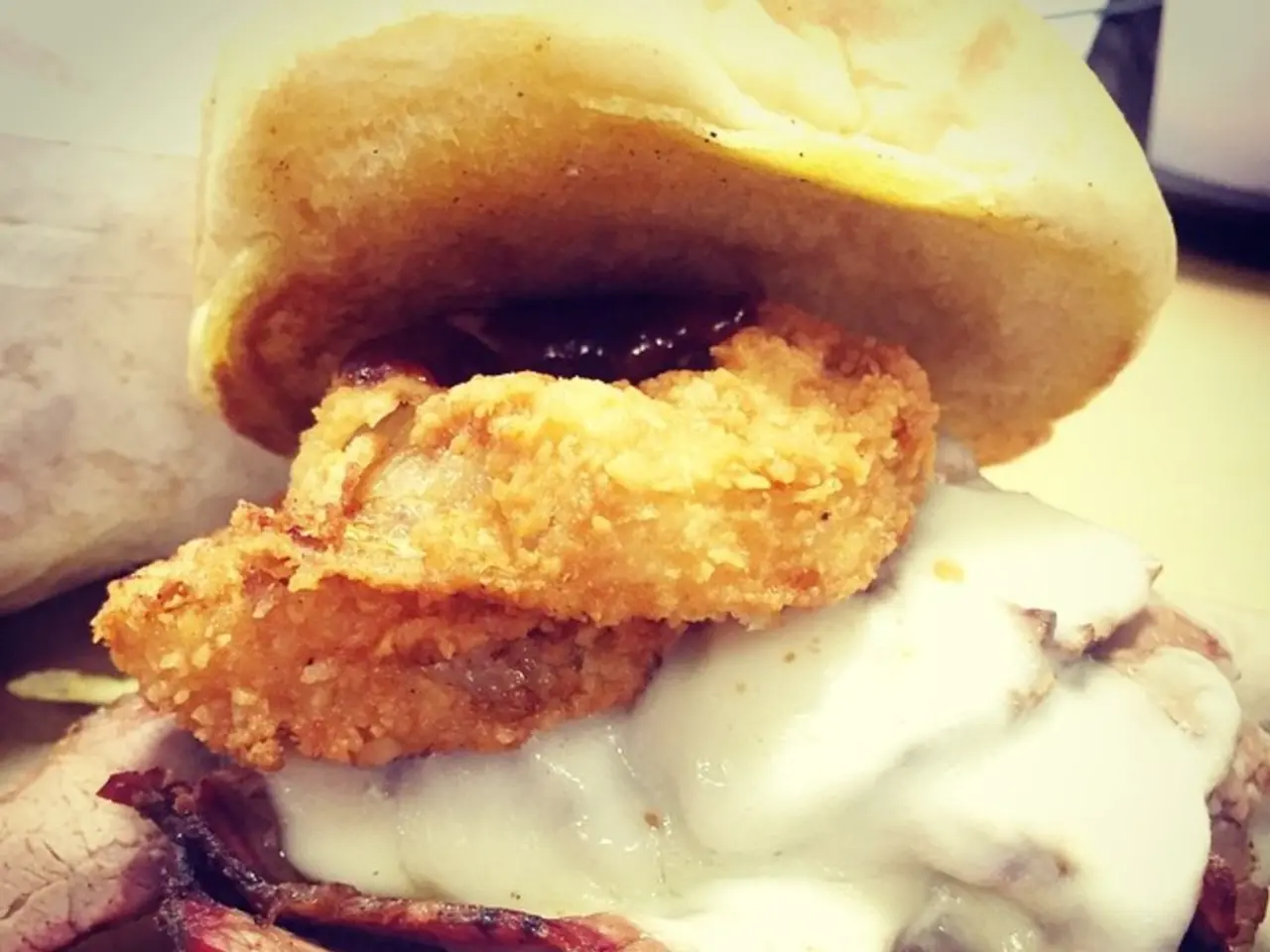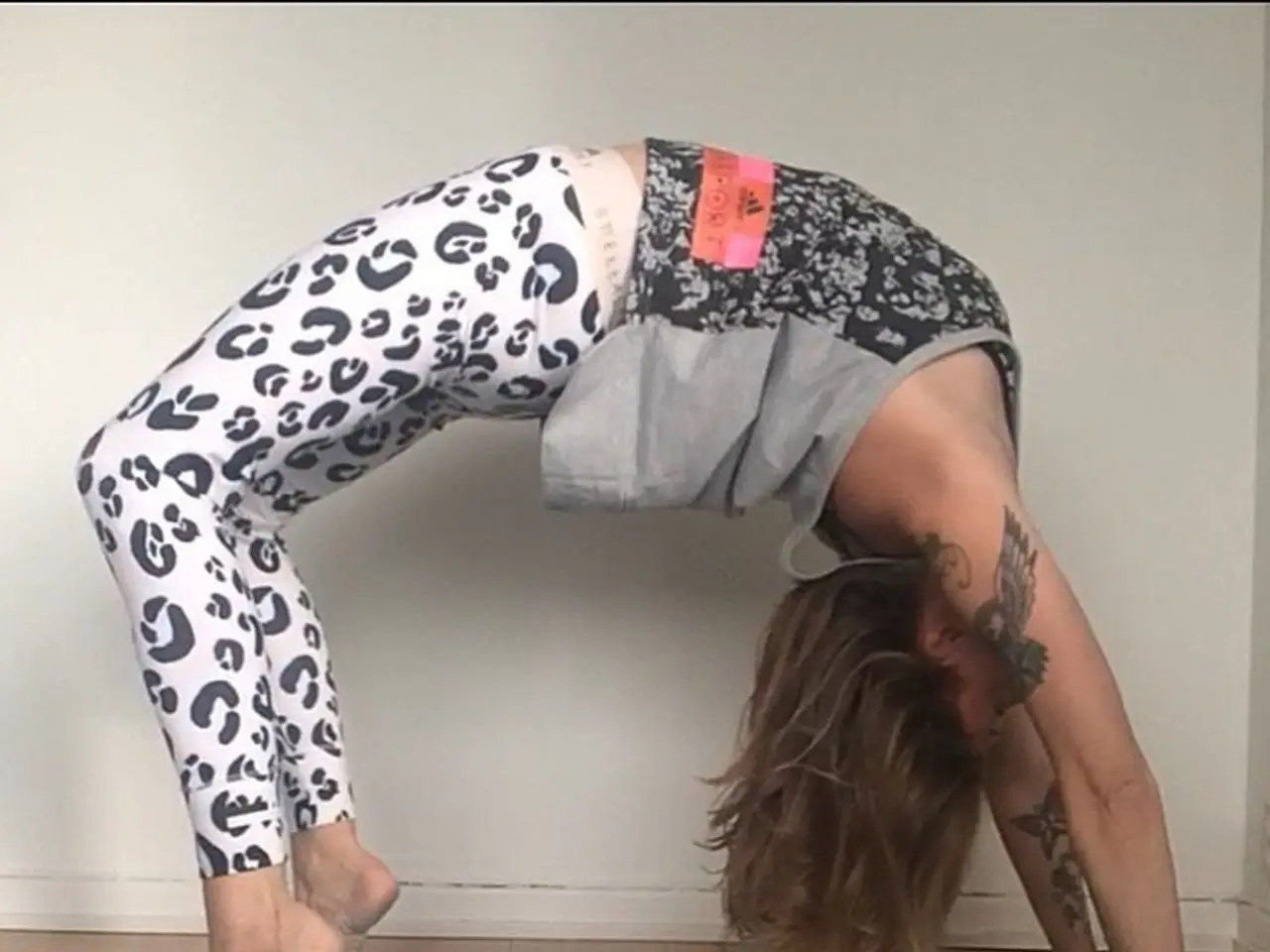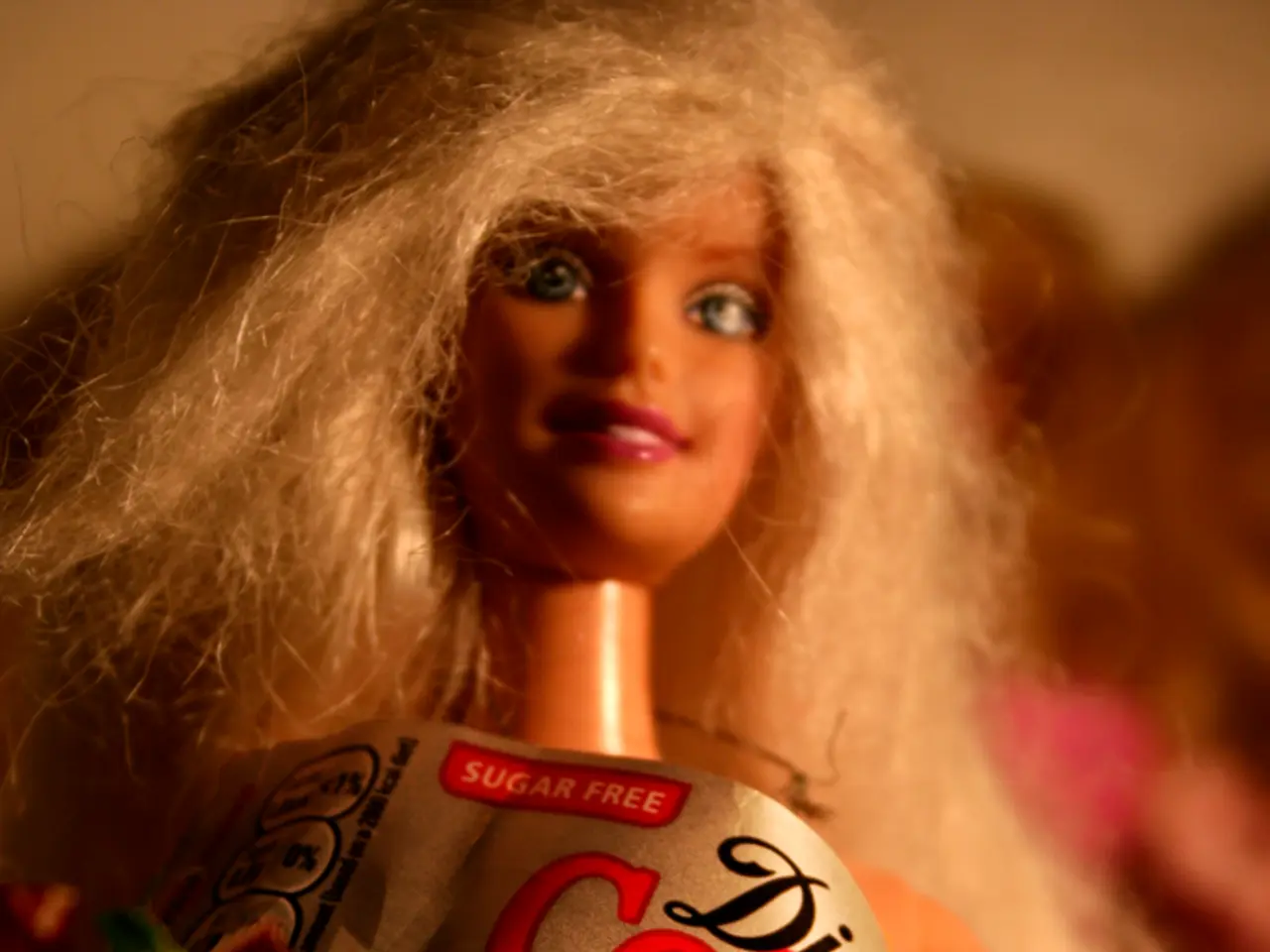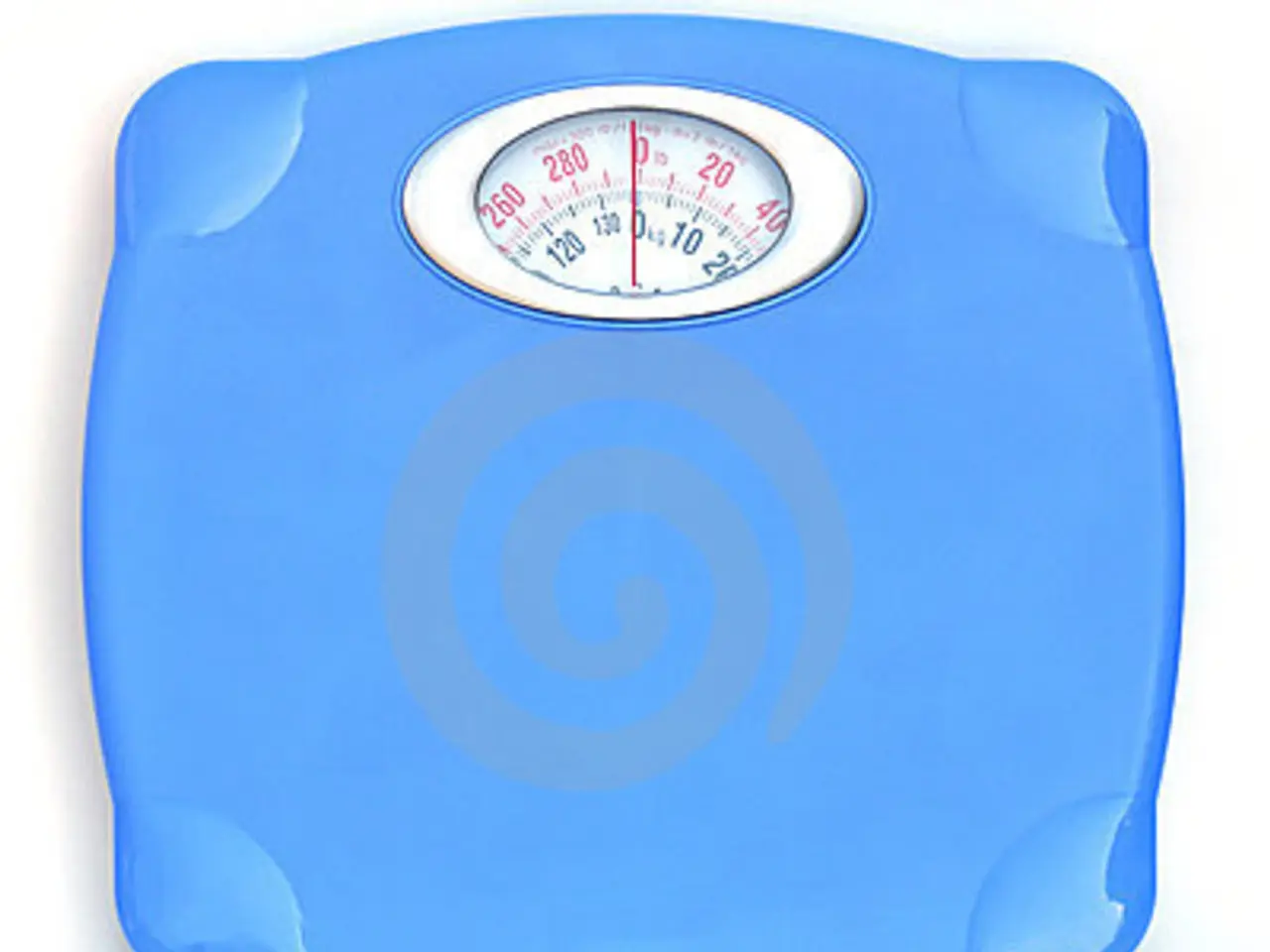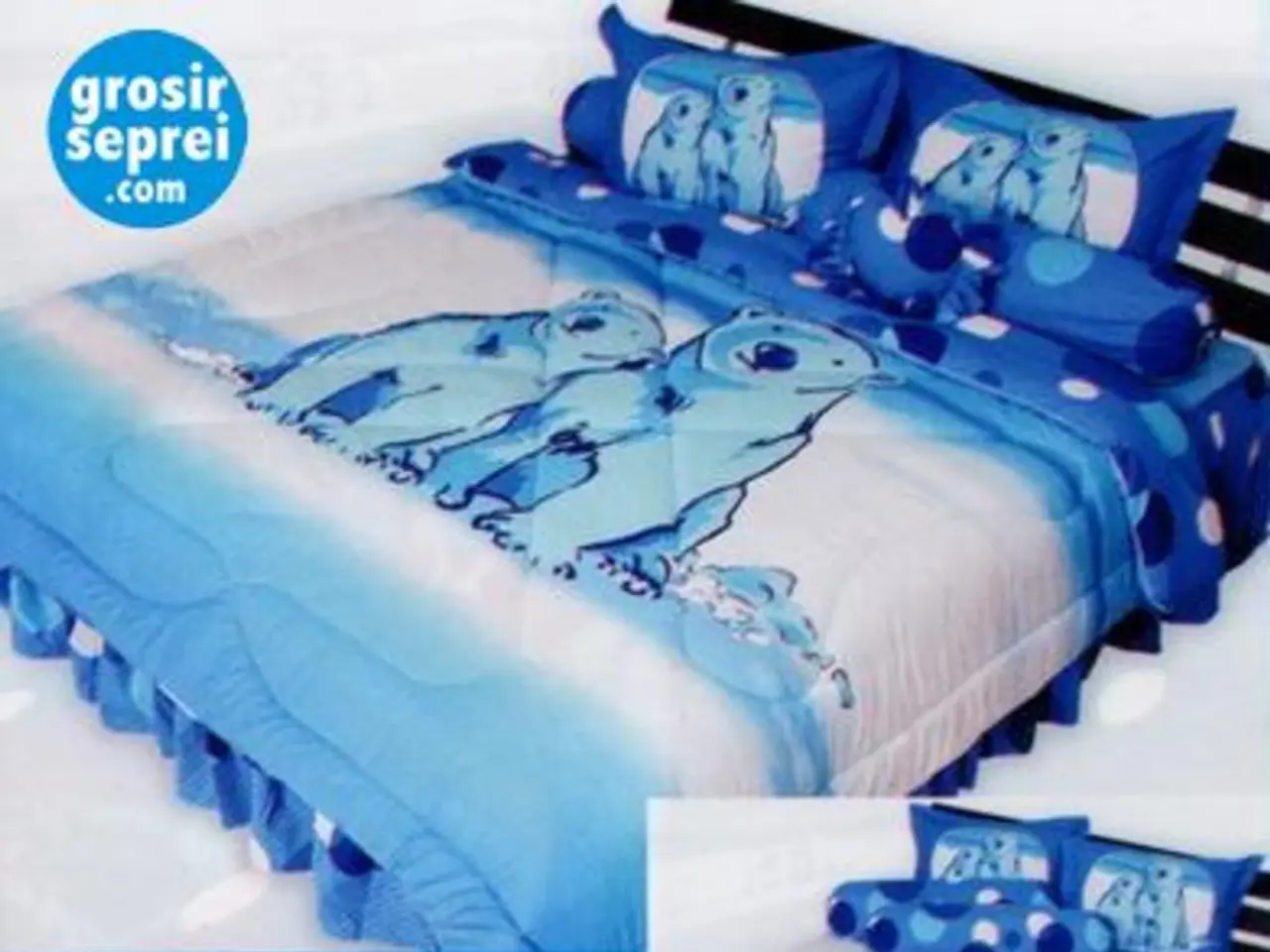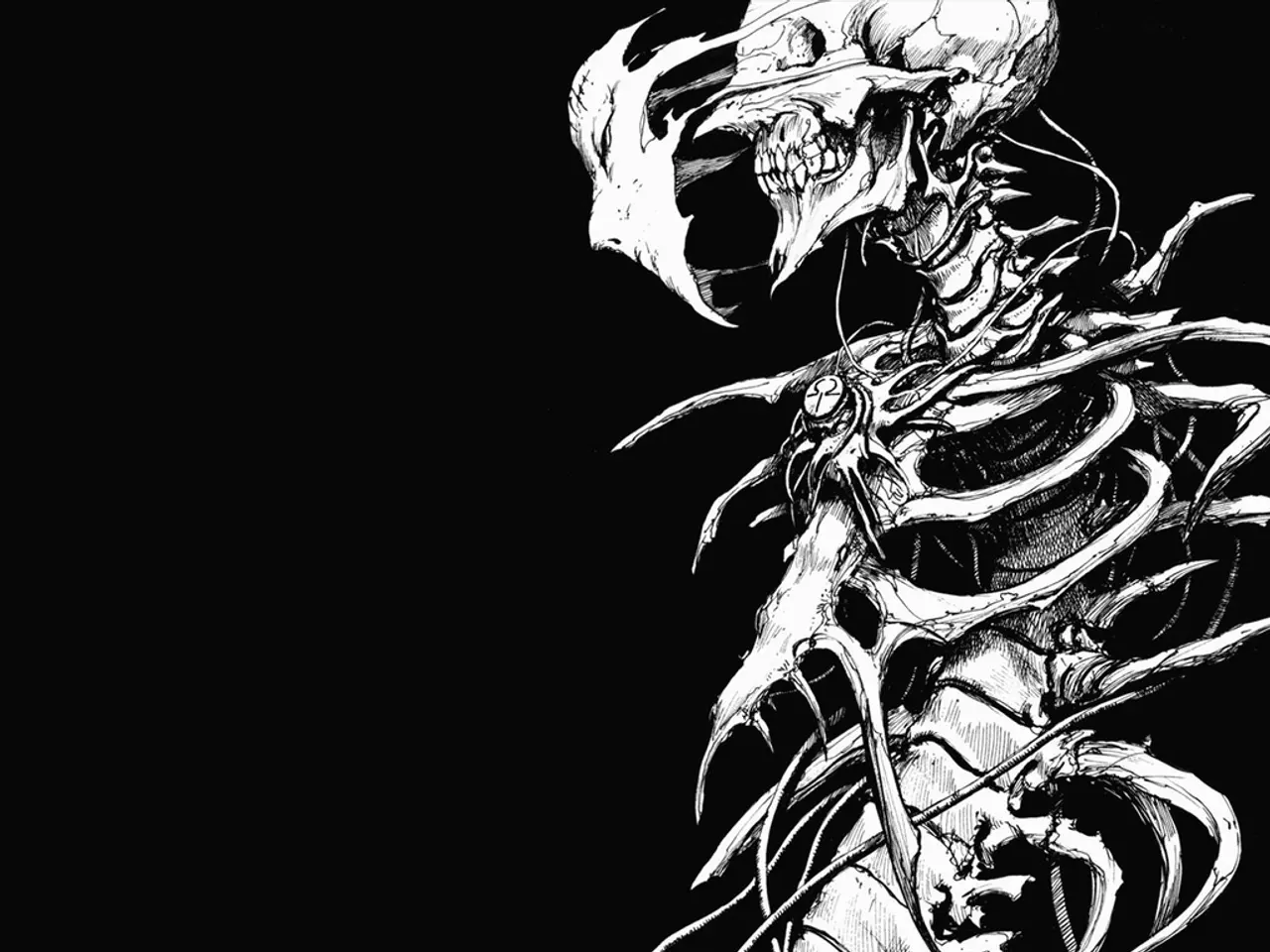Cat flatulence: An examination of felines expelling gas
Cats certainly can fart, just like most other mammals out there. It's not always a topic of conversation, but it's a natural part of their digestive processes. Various factors can cause your kitty's derrière to rumble, such as bloating, swallowing too much air while eating, or food allergies.
So, what's a cat parent to do? Well, opting for a high-quality cat food that's easy on their tummy could be a good call. You may also want to consider using a slow feeder cat bowl or a puzzle feeder to encourage your cat to savor their dinner, which can significantly cut down on gas production.
If your feline friend's flatulence is accompanied by other symptoms such as vomiting, weight loss, or diarrhea, it's crucial to consult with a vet. These symptoms could indicate an underlying issue that needs to be addressed.
Now, if you suspect your cat is gassy due to allergies, such as those to pollen, dust, or pests like fleas, speak with your vet. They'll guide you on how to handle the situation effectively. And, as always, if you recently changed your cat's food, talk to your vet about a gradual transition to a food that sits well with their system.
But don't fret too much, cat farts usually aren't especially noticeable or smelly. If they are, however, it might be a red flag that something is amiss. Possible causes could be food allergies, worms, or inflammatory bowel disease, to name a few. In such a case, it's best to consult with a vet.
As a general rule, cats typically don't pass gas frequently – it's usually relatively quiet and odorless. If you notice a sudden increase in your cat's farting, or if the gas is unpleasant, reach out to your vet. They'll help you determine if there's an underlying health issue causing the change.
In some cases, gas can be relieved by making diet changes, such as switching to easy-to-digest foods or eliminating common gas-inducing ingredients like soy and peas. Probiotic supplements can also be beneficial, as they'll help maintain healthy gut flora.
Don't forget about puzzle feeders! These fun gadgets are great for slowing down your cat's eating pace and keeping them mentally stimulated. Engaging your cat's brain can help reduce stress-related digestive issues that might lead to gas.
With your newfound knowledge about cat farts, keep an eye on your furry companion's digestive health. If you become concerned, don't hesitate to consult with a veterinarian. Your cat's well-being is important, and they trust you to make the right choices for them.
- A high-quality cat food that's easy on their tummy and using a slow feeder or puzzle feeder cat bowl could help reduce gas production in your cat, thus promoting better digestive health.
- If your cat's flatulence is accompanied by symptoms such as vomiting, weight loss, or diarrhea, or if it's especially noticeable or smelly, it's crucial to consult with a vet for potential underlying issues.
- If you suspect your cat is gassy due to allergies to pollen, dust, or pests like fleas, speak with your vet for guidance on handling the situation effectively.
- If you notice a sudden increase in your cat's farting or if the gas is unpleasant, reach out to your vet for determining underlying health issues causing the change.
- Making diet changes, such as switching to easy-to-digest foods or eliminating common gas-inducing ingredients like soy and peas, or using probiotic supplements, can help relieve your cat's gas issues.
- Puzzle feeders are not only fun for your cat but also beneficial, as they slow down your cat's eating pace and keep them mentally stimulated, thus reducing stress-related digestive issues that might lead to gas.
